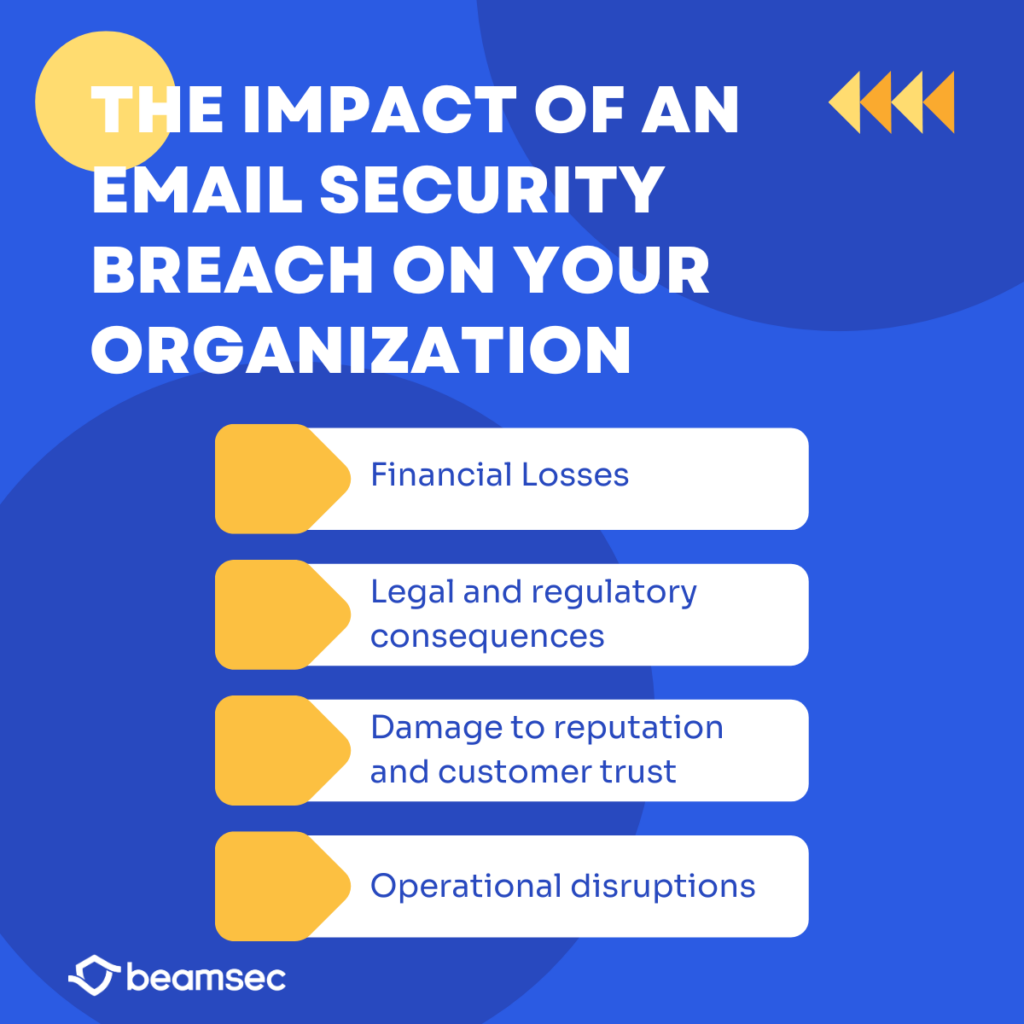Email security is a critical component of any organization’s cybersecurity strategy. With the increasing sophistication of cyber threats, conducting a thorough email security risk assessment is essential to safeguard sensitive information and protect against potential breaches. This blog post will guide you through the steps to perform an effective email security risk assessment, ensuring your email system is strong and resilient against various threats.
- Identify Assets and Data
The first step in conducting an email security risk assessment is to identify the assets and data associated with your email system. This includes:
Email servers and infrastructure
User accounts and credentials
Sensitive information transmitted via email (e.g., financial data, personal information, confidential business documents)
Create an inventory of these assets and categorize the data based on its sensitivity and importance to the organization.
- Analyze Threats and Vulnerabilities
Next, identify potential threats and vulnerabilities that could impact your email security. Common threats include:
Phishing attacks
Malware and ransomware
Email spoofing and impersonation
Unauthorized access and data breaches
Assess the vulnerabilities within your email system, such as outdated software, weak passwords, and lack of encryption. This analysis will help you understand where your system is most at risk.
- Evaluate Current Security Measures
Review the existing security measures in place to protect your email system. This includes:
Spam filters and antivirus software
Encryption protocols
Multi-factor authentication (MFA)
User training and awareness programs
Determine the effectiveness of these measures and identify any gaps or areas for improvement.

- Assess Potential Impact
Consider the potential impact of a successful email security breach on your organization. This includes:
Financial losses
Legal and regulatory consequences
Damage to reputation and customer trust
Operational disruptions
Understanding the potential impact will help prioritize the risks and focus on the most critical areas.
- Determine Risk Levels
Combine the likelihood of each threat occurring with its potential impact to determine the overall risk level. Use a risk matrix to categorize risks as low, medium, or high. This will guide your decision-making process in addressing the identified risks.
- Develop and Implement Mitigation Strategies
Based on the risk levels, develop strategies to mitigate the identified risks. This may include:
Implementing advanced threat protection tools
Enhancing email encryption
Conducting regular security audits and updates
Strengthening user training programs
Implement these strategies and continuously monitor their effectiveness.
- Continuous Monitoring and Review
Email security risk assessment is not a one-time task but an ongoing process. Regularly review and update your assessment to adapt to emerging threats and changes in your organization’s environment. Continuously monitor the effectiveness of your security measures and make necessary adjustments.
By integrating BeamSec’s cutting-edge solutions into your email security strategy, you can significantly enhance the effectiveness of your risk assessments and mitigation efforts. BeamSec offers a comprehensive suite of tools designed to protect your organization from the evolving landscape of cyber threats. With products like BeamSec PhishPro, PhishTrace, and SEMS, you can elevate your cybersecurity awareness and training, ensuring that your employees are well-prepared to recognize and respond to potential email threats. Additionally, BeamSec Emcrpt provides strong secure messaging and file encryption, helping you maintain compliance with global data privacy regulations while protecting your most sensitive communications. By leveraging these advanced solutions, your organization can confidently navigate the complexities of email security and safeguard its critical assets.





